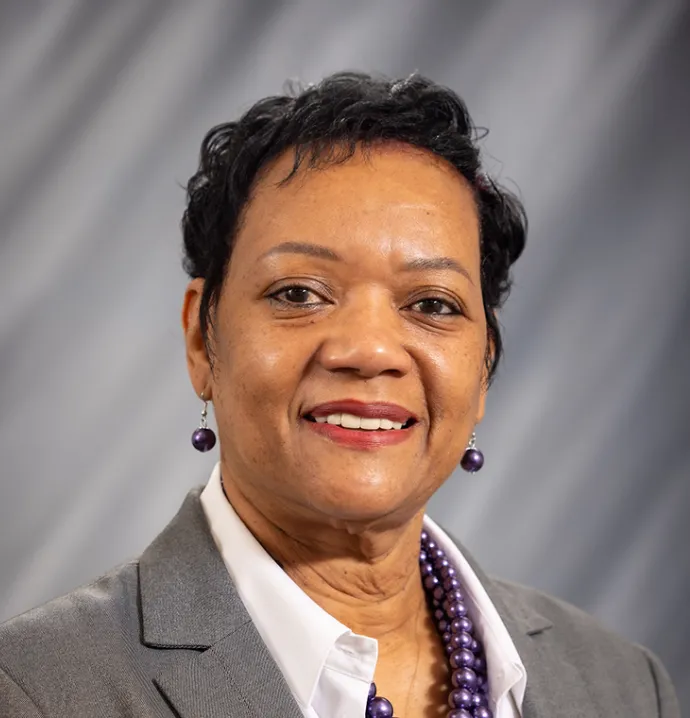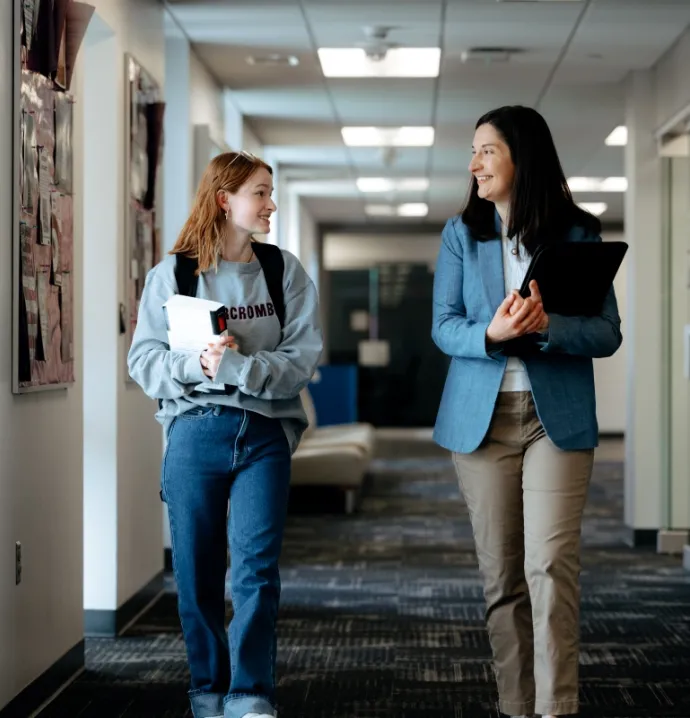Nearly 100 Brazilian students find their fit at UNI
Nearly 100 Brazilian students find their fit at UNI
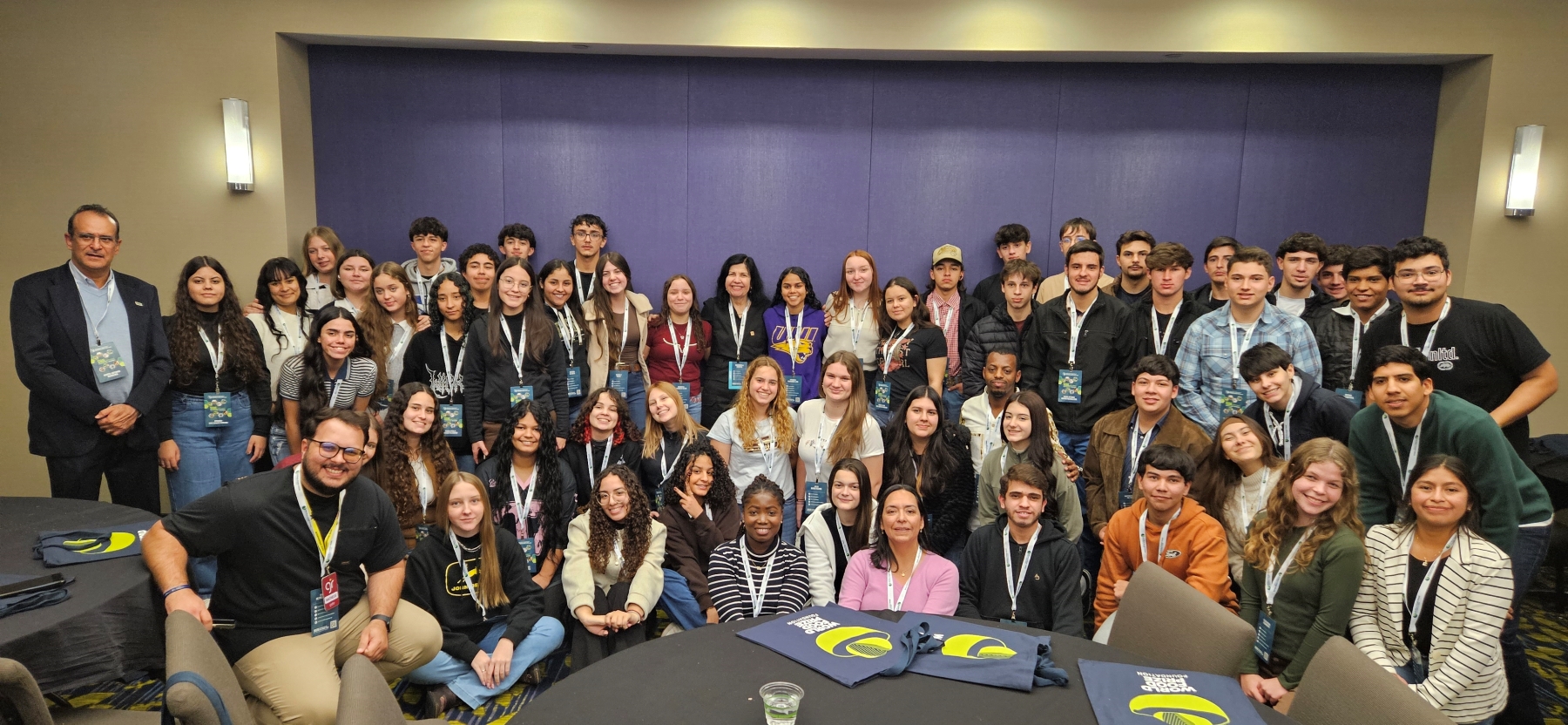
When a Brazilian education agency came to Iowa looking for a host university for nearly 100 high school students, UNI was an easy choice. UNI offers a Culture & Intensive English Program (CIEP) to help students improve their English language skills, something that is rare these days among institutions in Iowa. UNI had available on-campus housing, another challenge to find elsewhere for so many students. And, just as many UNI students describe, the campus just felt right.
“They said they didn’t want to keep looking,” Carolina Coronado-Park said about the agency when they toured UNI. “They knew UNI was the best place for their students.”
The first 50 students are already in Cedar Falls. Their presence is part of a growing partnership between the State of Iowa and the government of Paraná, a Brazilian state. Several Paraná state representatives came to Iowa last April to tour some of the state’s universities and community colleges at the invitation of Gov. Kim Reynolds. This visit planted the seed that UNI could be a temporary home to the group of Brazilian high schoolers.
“We're trying to do our best to keep working and connecting with Paraná, not only with the educational agency to bring high schoolers, but also connecting with universities,” Coronado-Park explained. “We're trying to see if we can develop more connections statewide.”
The visitors are a group of high-achieving students who are using this opportunity to not only better their English skills but also learn more about agribusiness and entrepreneurship. The CIEP has customized its curriculum around these topics and partnered with the UNI John Pappajohn Entrepreneurial Center (JPEC) to provide the best education possible and meet the requirements set forth by the Paraná government. Because agriculture in Iowa is very similar to their home state, the things the students are learning are very applicable if they choose to remain there after high school graduation.
The first eight weeks of the CIEP course focused on agribusiness. On campus, the students explored a variety of topics before going out into the community and traveling throughout Iowa to see agricultural opportunities at Hansen’s Dairy Farm, John Deere, Corteva Agriscience, and more.
“When the students came here, at first, they were a little bit shy and not that engaged in the classroom, but gradually they started getting more engaged and understanding basic instructions,” said Moussa Barry, an English language program specialist for the CIEP who has been teaching the students. “Now, they understand all the instructions. They engage in all of the activities we do in class.”
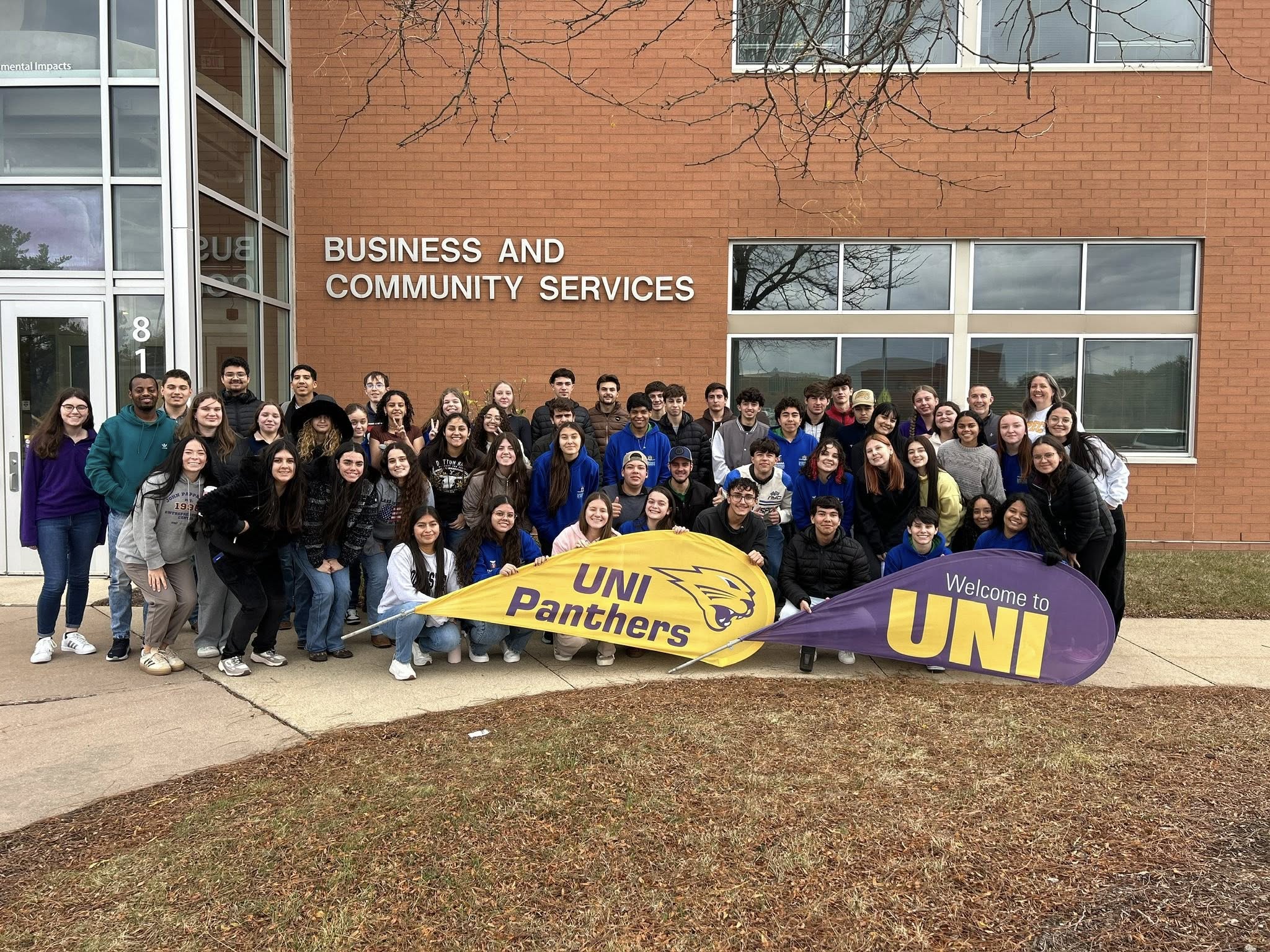
The second half of the semester focuses on entrepreneurship. These classes are led by Reyna Jorgenson, a two-time Wilson College of Business alum whose upcycling business is housed in the JPEC.
“I have watched the students become more curious and engaged as they take in the new perspective,” said Jorgenson. “Getting to expose the students to Iowa's entrepreneurial community while also personally getting to learn about Brazil has been a meaningful and memorable experience for me.”
In addition to business tours, the students have had other exciting opportunities, including their participation in the Norman Borlaug International Dialogue in Des Moines, where they met the 2025 World Food Prize Laureate Mariangela Hungria, who is also from Paraná.
“That sparked a lot of motivation and inspiration for them,” said Barry.
With just a few weeks left of their experience, the students are already reflecting on all they’ve learned and gained from their time at UNI.
“My experience here has been incredible,” said Anthony Francisco De Olivera. “I have improved my English to a level I never imagined reaching before.”
“I will miss the environment you guys have here, the friends I made here, and everything, because it's a really good memory I have from here, from this space, from just college, and I think it's a really nice place,” said Eliza Hilda Schneider.
In the spring, 47 more students will come to UNI to go through the same program. Coronado-Park will also travel to Paraná in January with the Iowa Economic Development Authority representatives to connect with business, research centers, universities and local government. One of the goals is to explore the possibility of dual degree programs.
Not only are opportunities like these beneficial for international students, but they are also beneficial to UNI students from the United States.
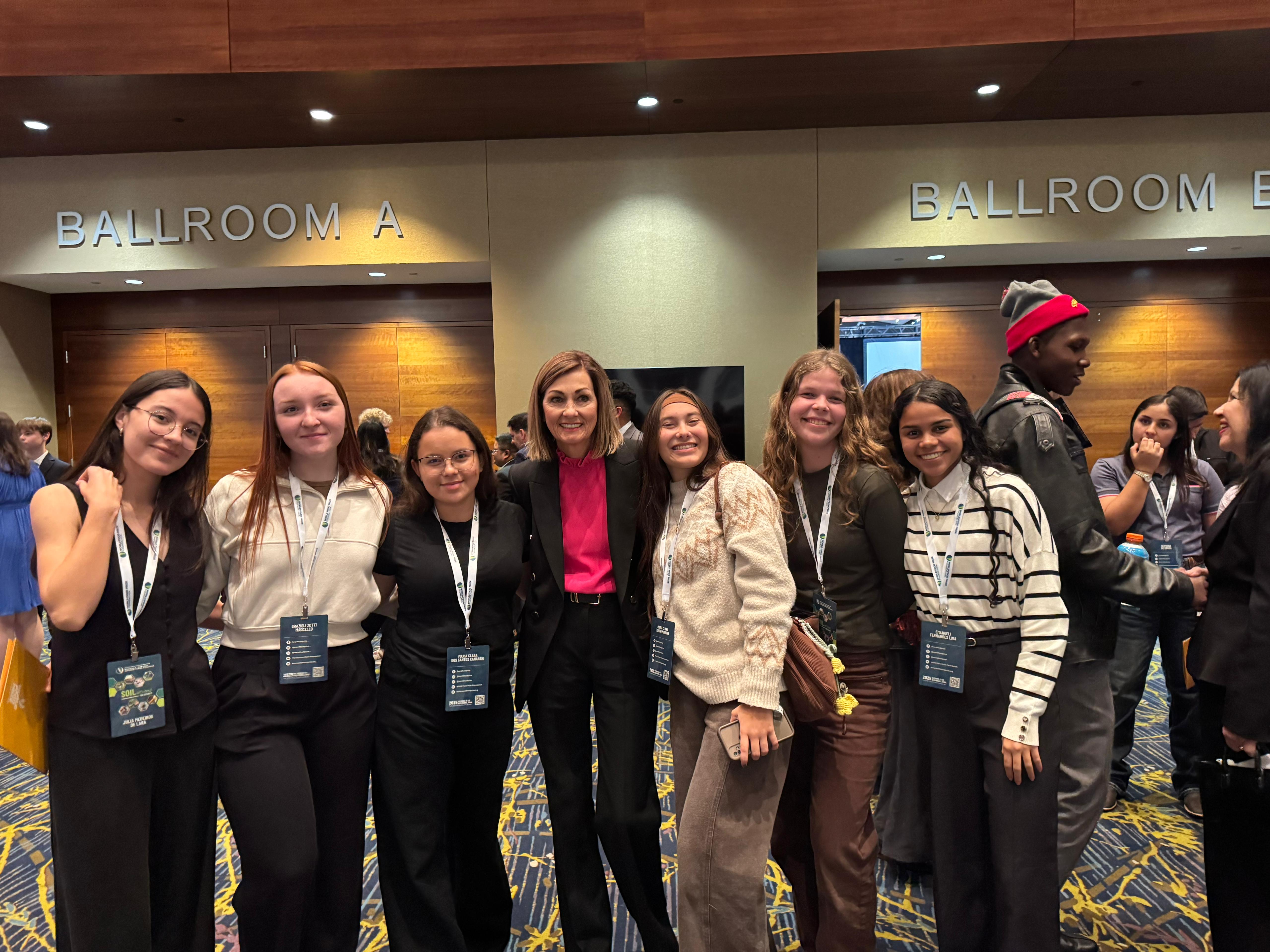
“Bringing students here and helping them connect with domestic students allows us to make the world more accessible to everyone,” said Coronado-Park. “That is our vision: to continue welcoming international students to our campus and to keep inspiring our students, faculty, and staff to explore the world through research, cultural engagement, and knowledge-exchange opportunities. Thinking globally offers a more humble, informed perspective of the academic world. Intercultural competence is an essential skill for entering the workforce, whether here in Iowa or anywhere around the globe.”



